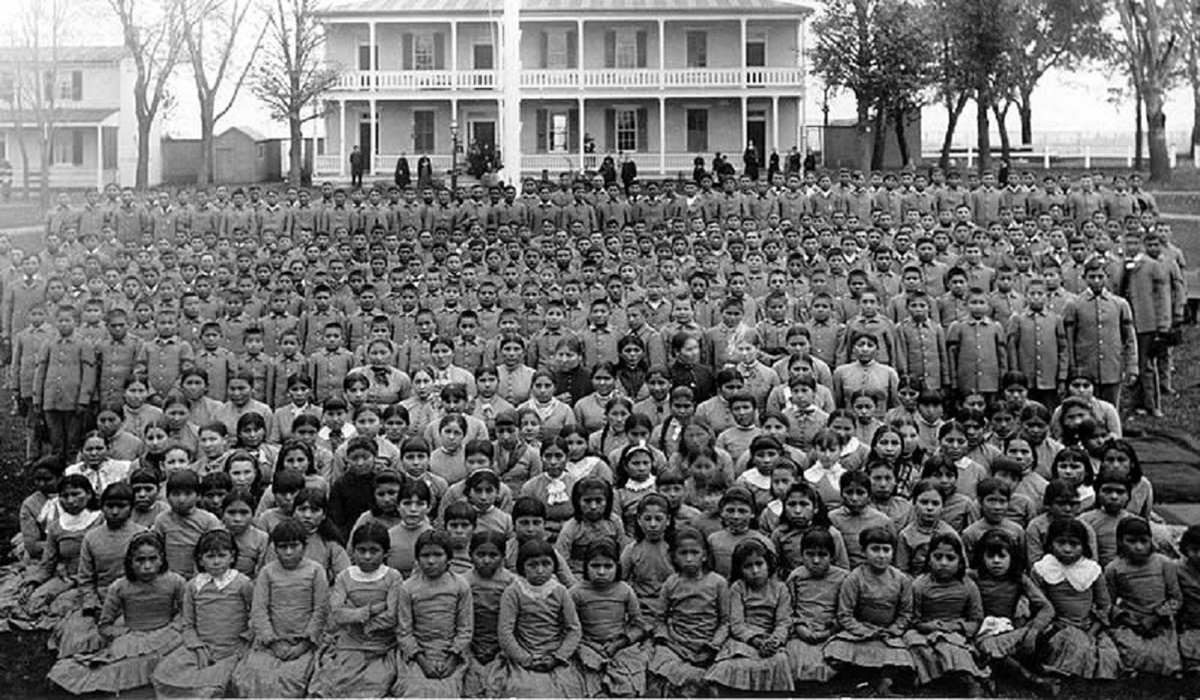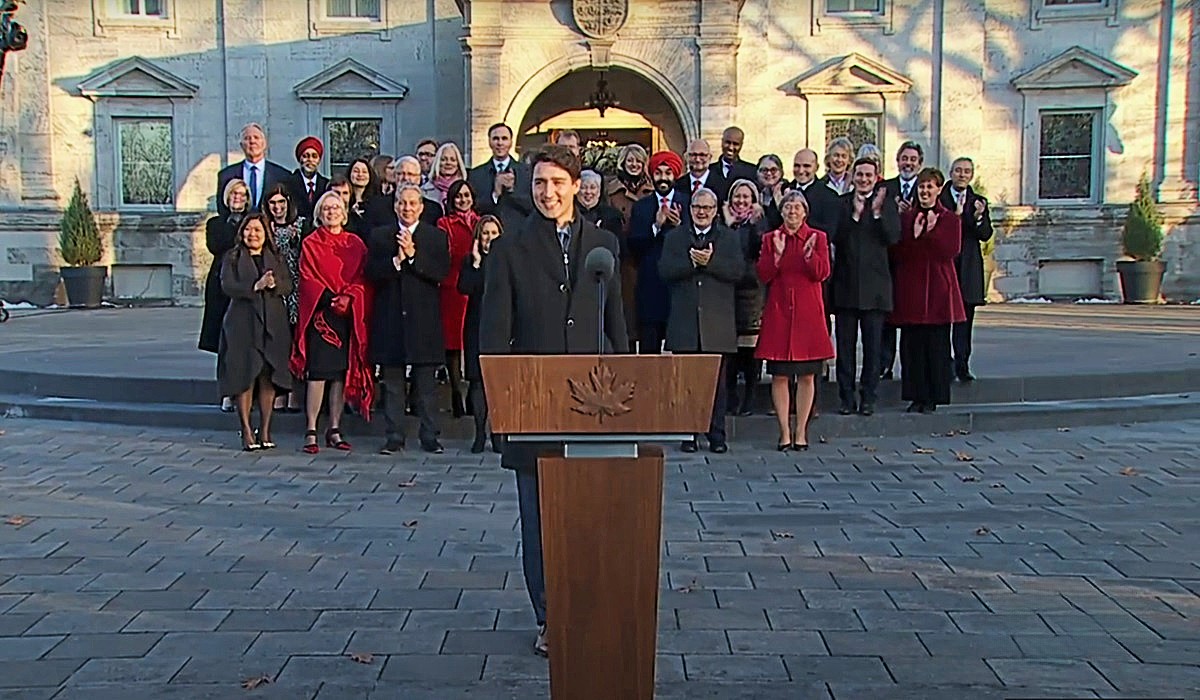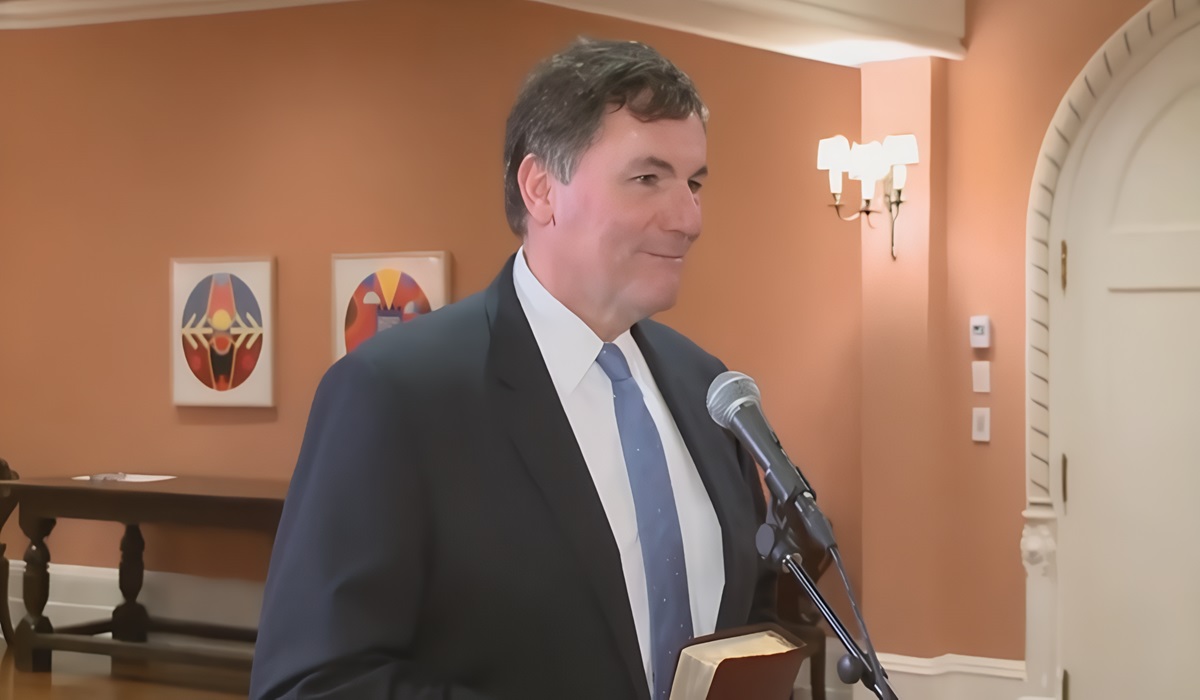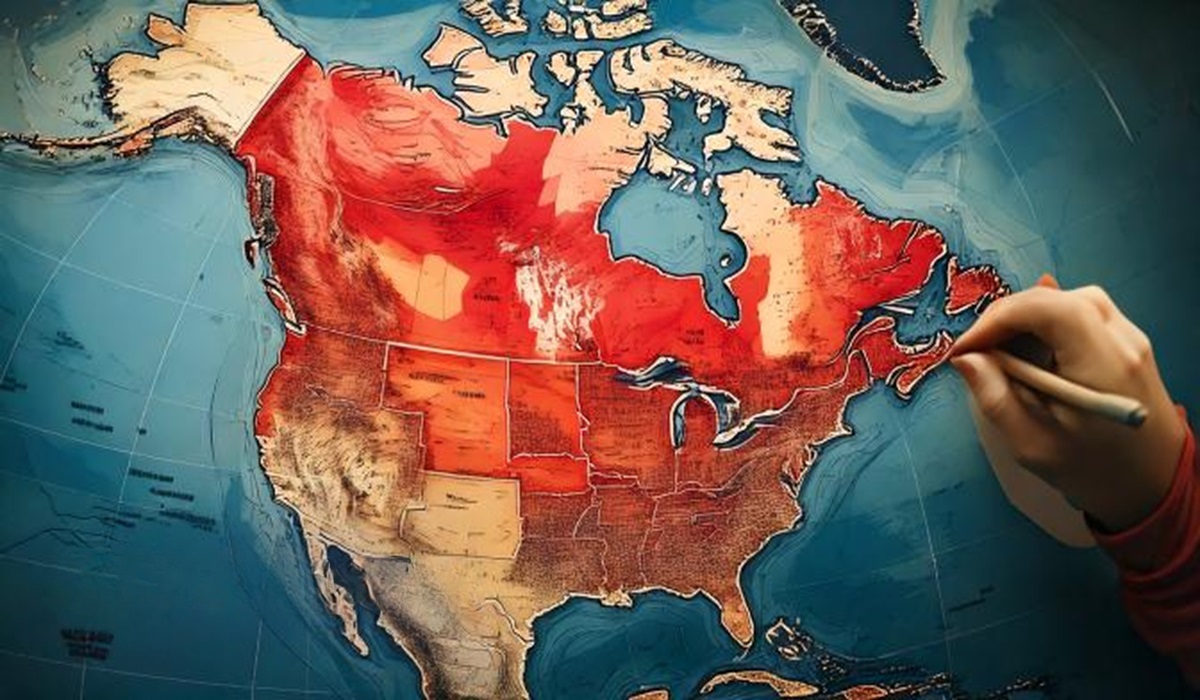Canada Commits $50 Million to Support Indigenous Boarding Home Survivors and Their Descendants”
- Kingston Bailey
- Canada
- Indigenous
- August 21, 2024

Image Credit, Archives Canada
In a significant move towards reconciliation, Indigenous survivors of federal boarding homes can now begin submitting claims under the recently implemented Federal Indian Boarding Homes (Percival) class action settlement agreement. Announced by Gary Anandasangaree, Minister of Crown-Indigenous Relations, this settlement is a vital acknowledgment of the deep harm inflicted on Indigenous children and youth who were placed in federal boarding homes as part of the Indian Boarding Homes Program.
The Indian Boarding Homes Program, orchestrated by the Government of Canada, forcibly removed children from First Nations communities and Inuit villages, placing them in non-Indigenous homes to attend school. This practice, carried out over decades, severed ties between children and their communities, causing lasting trauma and a profound loss of culture and identity.
Under this new settlement, eligible survivors can apply for compensation. Those who were placed in boarding homes by the government for schooling are entitled to $10,000. Survivors who endured physical, sexual, or other forms of abuse may be eligible for additional compensation, with amounts ranging from $10,000 to $200,000, depending on the severity of the harm they experienced. This settlement acknowledges the painful legacy of these federal policies and attempts to provide some measure of justice to those affected.
Beyond individual compensation, the settlement establishes a $50 million Foundation to support both survivors and their descendants. This Foundation is dedicated to funding initiatives aimed at healing, wellness, education, language preservation, cultural heritage, and reconciliation. It represents a long-term commitment to addressing the impacts of these historical injustices and fostering a future where Indigenous communities can thrive.
Survivors have until February 22, 2027, to submit their claims, providing ample time for those affected to seek the compensation they deserve. For many, this process will be a challenging journey, revisiting painful memories and traumas. Recognizing this, the government has ensured that culturally competent counseling and crisis intervention services are readily available. The Hope for Wellness Helpline is accessible 24/7 to provide support to those in need, offering immediate help through a toll-free line and online chat.
This settlement is more than a legal resolution; it is a critical step in Canada’s ongoing efforts to reconcile with its Indigenous peoples. While no settlement can erase the past, this agreement represents a meaningful acknowledgment of the wrongs committed and a commitment to ensuring that such injustices are never repeated.








